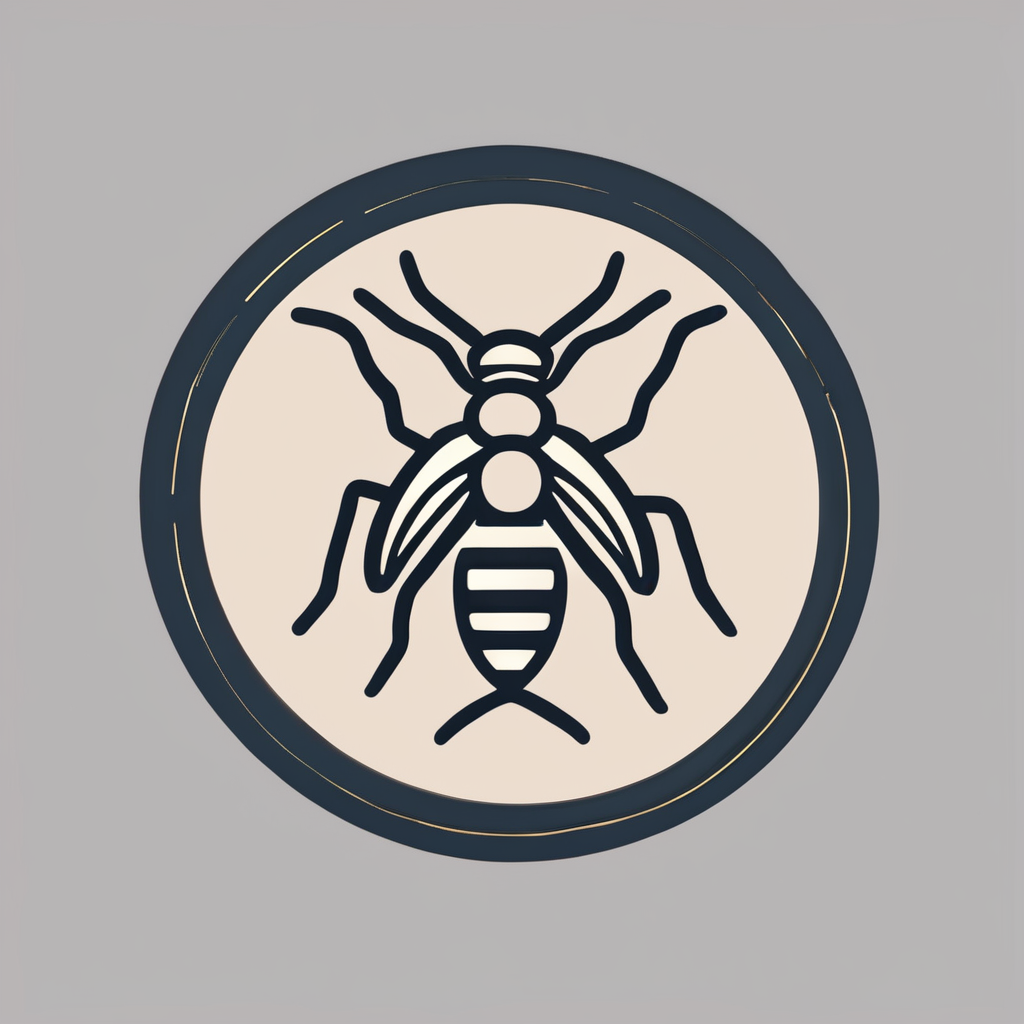Understanding Teen Asthma Management Through Technology
Asthma management has become a crucial aspect of teen healthcare, with both teens and their parents seeking effective solutions to cope with this chronic condition. With the rise of mobile health apps, asthma management is now at the fingertips of many teens. These apps provide comprehensive tools for monitoring symptoms, tracking medications, and accessing valuable educational resources. The integration of technology in healthcare has revolutionised how teenagers manage their asthma, offering convenience and better outcomes.
These apps are designed to be intuitive, making it easier for teens to engage in their own health management. Mobile health apps often include features such as medication reminders, empowering teens to adhere to their treatment plans without parental prompting. Through real-time symptom tracking, both teens and parents can understand triggers and patterns, enabling informed decision-making.
Also to see : Transform Your Diverticulitis Care: The Power of a High-Fiber Diet Unveiled
The availability of extensive educational resources within these apps further supports asthma management, providing users with the knowledge needed for better control over their condition. This technology enhances communication between healthcare providers and teens, fostering a collaborative approach to asthma management. As a result, teenagers can experience improved quality of life.
Key Features of Mobile Health Apps for Asthma Management
Mobile health apps provide a myriad of app features that greatly enhance asthma management. A standout feature includes medication management, which plays a pivotal role in maintaining health.
In parallel : Top Dietary Tweaks to Master Chronic Idiopathic Urticaria Management
Medication Reminders
These apps remind users to take their medications on time, minimising missed doses and promoting consistent treatment adherence. Adopting reminders ensures effective asthma control, crucial for avoiding flare-ups and hospital visits.
Symptom Tracking
Another essential feature is health tracking. Real-time monitoring offers valuable insights into asthma symptoms, helping users identify triggers more effectively. This continuous data collection empowers teens to analyse daily patterns, offering a proactive approach to asthma management.
Educational Resources
Mobile health apps provide an array of educational resources, supporting users in understanding asthma better. Such tools are vital for both teens and parents, as they offer information on various topics, including trigger management and emergency response tactics. Being informed builds confidence in managing asthma more autonomously.
Together, these features facilitate comprehensive asthma management, equipping teens with the tools needed for a healthier lifestyle. By embracing these technological solutions, families can foster a proactive approach to health, ultimately leading to improved outcomes and quality of life.
User Experiences and Testimonials
Exploring user experiences with mobile health apps brings the benefits of asthma management into focus. Teens often share success stories of how these apps have positively impacted their daily routines. They describe being able to track their symptoms effortlessly, enabling them to manage their asthma proactively. Such stories highlight the empowerment that technology provides in everyday health management.
Parents also offer testimonials, noting how these apps have shifted their approaches to supporting their teen’s health. Many mention feeling less anxious about their child’s condition because they can track medication adherence and symptoms through the apps. This shared knowledge fosters better communication and collaboration between family members, promoting a unified management strategy.
Analysing the effectiveness of these apps through user testimonials sheds light on their practical benefits. Users frequently report improvements in their overall quality of life. These benefits include fewer asthma-related emergencies and a better understanding of their asthma triggers. Feedback like this emphasises the crucial role of technology in modern healthcare. As mobile health apps continue to evolve, they are likely to offer even greater assistance to those managing chronic conditions like asthma.
Choosing the Right Mobile Health App for Asthma
Selecting the appropriate mobile health app for asthma management can be crucial in addressing the unique needs of teenagers. With numerous options available, making the right choice involves careful consideration of specific features that can enhance asthma management. App selection should focus on comprehensive features comparison to ensure that the chosen solution caters effectively to the user’s requirements.
Key Factors to Consider
When evaluating apps, parents and teens should prioritise essential features, such as medication management, health tracking, and educational resources. Customisable interfaces cater to different users, making technology more relatable in daily life.
Comparing Popular Apps
To ease the choice, some apps offer user-friendly interfaces and real-time updates critical for asthma management. By comparing popular options, users can find an app that best fits their lifestyle.
Finding Trusted Reviews
User reviews and ratings provide valuable insights, helping potential users gauge app reliability. Seeking user reviews can lead to informed decisions, avoiding apps that may lack features necessary for effective management. Trusted sources and verified feedback ensure a wise selection, promoting better engagement with asthma healthcare.
Practical Tips for Parents and Healthcare Providers
Navigating asthma management through technology can be a formidable task without appropriate guidance. For parents, engaging their teens in using mobile health apps is crucial for effective asthma management. Here are some tips to foster involvement:
- Demonstrate app benefits: Highlight how these apps simplify health management by streamlining medication management and providing immediate health tracking updates.
- Incorporate app discussions: Make app features part of daily conversations. Sharing insights from user reviews can further reinforce the app’s relevance.
Healthcare providers also play a pivotal role in supporting technology adoption. Recommending suitable apps should be part of routine consultations. Focus on:
- Personalised app selection: Evaluate features comparison to suggest apps that match individual needs. Feature-rich interfaces that are straightforward to navigate can make a significant difference.
Ongoing education ensures families stay informed. Encourage parents to explore continuous learning through app-based asthma education resources. By involving both parents and healthcare providers, teens can gain the necessary support for better asthma management, ultimately leading to improved well-being.
